The Divine Separation
How God’s design for the offices of priest and king was meant to protect Israel
“Power tends to corrupt, and absolute power corrupts absolutely.” So said Sir John Dalberg-Acton in the 19th century, and nothing happening in the world to date has contradicted him. In fact, when you examine the Mosaic Law, his statement seems almost biblical.
The Mosaic Law strictly separates the three most important offices: prophet, priest, and king. Prophets could be kings, as David was. Priests could be prophets, as Samuel was. But kings could not be priests, and priests could not be kings.
The kings were never to interfere with the spiritual ministry of the priests, and under no circumstances was the king to be united with the priesthood. To control a nation spiritually and politically vests too much power in a single human being who, by his very nature, is a sinner and therefore susceptible to corruption. And absolute power corrupts absolutely.
THE MOST HIGH GOD
Get your copy of our commentary on the fascinating book of Daniel called The Most High God by Renald Showers.
Nebuchadnezzar exemplified someone who had absolute power. He ruled the entire known world in the days of the prophet Daniel. In interpreting a dream for him, Daniel told him, “You, O king, are a king of kings. For the God of heaven has given you a kingdom, power, strength, and glory….You are this head of gold” (Dan. 2:37–38).
He was so taken with his own importance that he erected a 90-foot-tall, gold image of himself and commanded everyone to fall down and worship it or die (3:4–5). He melded religious and political power and abused them both. When Daniel’s friends—Shadrach, Meshach, and Abed-Nego (in Hebrew, Hananiah, Mishael, and Azariah; Dan. 1:7)— refused to worship the image, Nebuchadnezzar had them thrown into a furnace where the fire was so hot it killed the men who threw them in. But God delivered Daniel’s friends, and “the hair of their head was not singed nor were their garments affected, and the smell of fire was not on them” (3:27).
Amazed by what he had seen, Nebuchadnezzar did an about-face:
Therefore I make a decree that any people, nation, or language which speaks anything amiss against the God of Shadrach, Meshach, and Abed-Nego shall be cut in pieces, and their houses shall be made an ash heap; because there is no other God who can deliver like this (v. 29).
Nebuchadnezzar did not have the Mosaic Law. However, Israel did. When two Israelite kings attempted to join the offices of priest and king, God judged them severely.
The first was King Saul. Israel was at war with the Philistines, and Saul wanted to sacrifice to God to encourage his troops. But to do so he needed Samuel, Israel’s prophet-priest. Saul “waited seven days, according to the time set by Samuel. But Samuel did not come,…and the people were scattered from him” (1 Sam. 13:7–8). So Saul decided to take matters into his own hands.
He overstepped his authority as king and brought the offering himself. He combined the offices of king and priest.
Bible commentator Eugene Merrill wrote, “Saul could wait no longer and unlawfully took on himself the priestly task of offering community sacrifice. Then Samuel came and when he knew that Saul had taken liberties by offering the sacrifice, he rebuked him with the words, ‘You acted foolishly.’”1
Saul’s fear and impetuous abuse of power brought serious consequences. Samuel told him, “You have not kept the commandment of the LORD your God, which He commanded you. For now the LORD would have established your kingdom over Israel forever. But now your kingdom shall not continue” (1 Sam. 13:13–14). Saul’s transgression cost him his kingdom and later his sanity.
Approximately 260 years later, 16-year-old Uzziah became king and “did what was right in the sight of the LORD” (2 Chr. 26:4). Uzziah enjoyed the second longest reign (52 years) in the history of the kings of Judah.
He appears to have been popular, smart, and powerful. Yet he became prideful: “When he was strong his heart was lifted up, to his destruction, for he transgressed against the LORD his God by entering the temple of the LORD to burn incense on the altar of incense” (v. 16).
Azariah the priest and 80 other priests withstood the king: “It is not for you, Uzziah, to burn incense to the LORD….Get out of the sanctuary [Temple], for you have trespassed” (vv. 17–18).
Uzziah was a good man. But he was human and, consequently, a sinner. Pride is a dangerous sin. It can destroy families, ruin ministries, split churches, and estrange you from God. In Uzziah’s case, it led to complete isolation for the rest of his life:
Then Uzziah became furious; and he had a censer in his hand to burn incense. And while he was angry with the priests, leprosy broke out on his forehead…. King Uzziah was a leper until the day of his death. He dwelt in an isolated house, because he was a leper; for he was cut off from the house of the LORD (vv. 19, 21).
God established the offices of prophet, priest, and king for a reason, and He has been determined to keep priest and king separated. The kings were to rule on God’s behalf; the priests were to be in the Temple, steeped in God’s Word and His Law, reminding the king to direct the nation toward God.
There will forever be only one Person who has the credentials to unite these three offices: the Messiah of Israel. He is the ultimate prophet (Dt. 18:14–22), the interceding Priest (Ps. 110:1–4; Heb. 4:14–16), and the eternal King (Ps. 2; Rev. 19:16).
Isaiah prophesied about Him, “Unto us a Son is given; and the government will be upon His shoulder….Of the increase of His government and peace there will be no end…to order it and establish it with judgment and justice” (Isa. 9:6–7).
When absolute power is realized in Jesus the Messiah, the incorruptible, sinless Son of God, the result will be absolute righteousness, morality, and integrity on Earth forever.
ENDNOTE
- Eugene H. Merrill, “1 Samuel,” The Bible Knowledge Commentary, ed. John F. Walvoord and Roy B. Zuck (Victor Books, Wheaton, IL: 1985), 445.
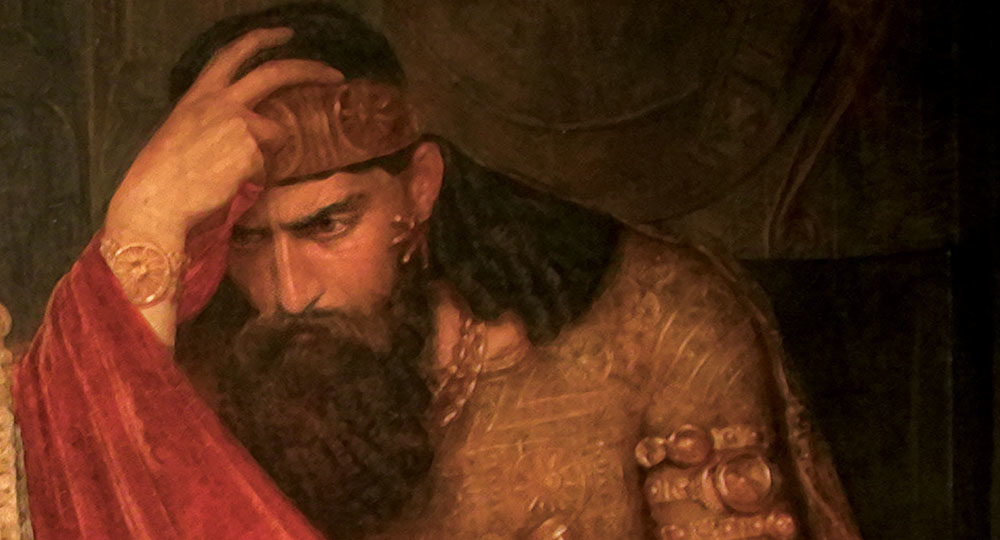

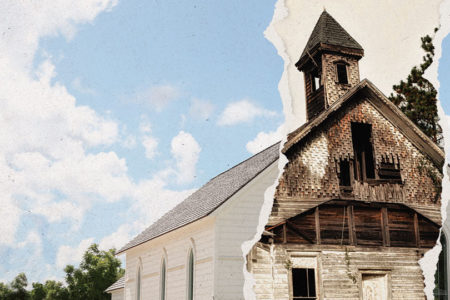
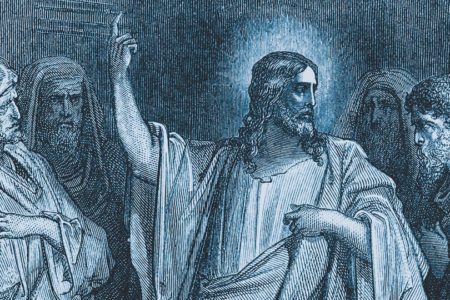
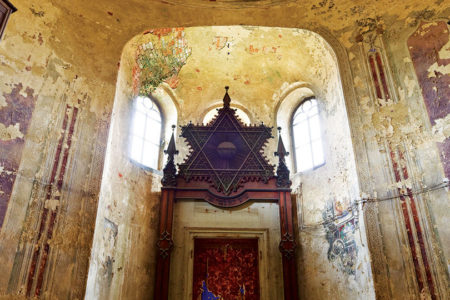
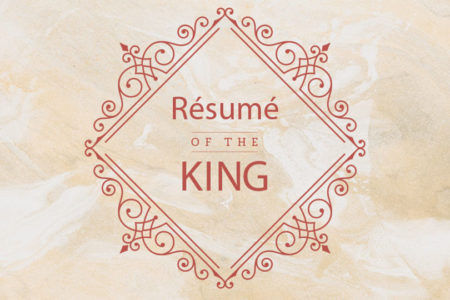
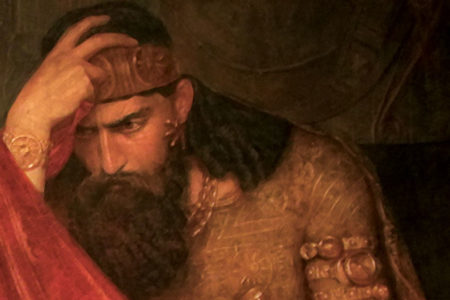


Great article